Do I Need to Count Calories on the Keto Diet?
When you’re on the keto diet, counting calories is not necessary. In fact, it can actually hinder your weight loss progress. The keto diet is a high-fat, low-carbohydrate diet that helps you lose weight by inducing ketosis. Ketosis is a state in which your body uses fat for energy instead of carbohydrates. When you’re in ketosis, your body burns more calories than when you’re in a carbohydrate-based metabolism, so you can eat more food and still lose weight!
What is the keto diet and how does it work?
The keto diet is a high-fat, low-carbohydrate diet that forces the body to burn fat for energy instead of carbohydrates. When you eat very few carbs and increase the amount of fat you eat, your body enters a state called ketosis. In ketosis, your body becomes incredibly efficient at burning fat for energy.
However, the keto diet is not a free pass to eat as much fat as you want. Consuming too many calories can prevent you from losing weight or even cause weight gain. That’s why it’s important to understand how many calories you need to eat on the keto diet and how to count them.
Calorie counting is a simple way to track your food intake and make sure you’re eating the right amount of calories to lose weight. There are many different ways to count calories, but the most important thing is to find a method that works for you and stick with it.
If you’re new to the keto diet, counting calories may seem daunting. But with a little practice, it will become second nature.
How to count calories on the keto diet?
If you want to be successful on the keto diet, you need to make sure that you are getting enough calories. There are a few different ways to do this, but the most important thing is to make sure that you are eating enough food.
One way to make sure that you are getting enough calories is to use a calorie calculator. This will help you to figure out how many calories you need to eat each day.
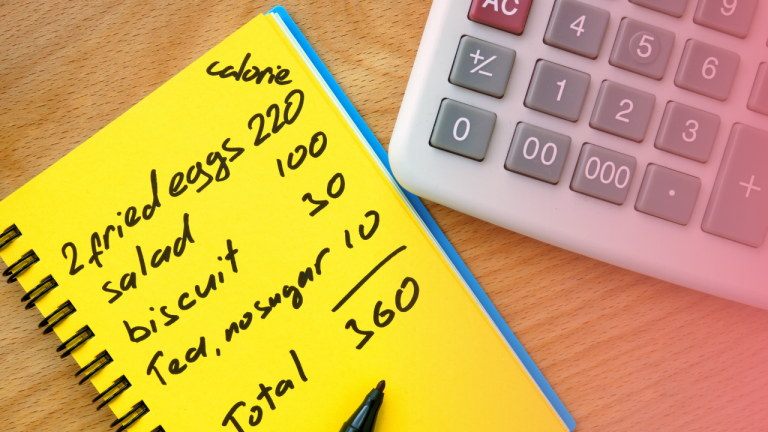
Another way to make sure that you are getting enough calories is to eat a variety of different foods. This will help you to get all of the nutrients that you need, and it will also help you to get more calories.
Use a food journal or tracking app to record everything you eat and drink. This will help you become more aware of your calorie intake.
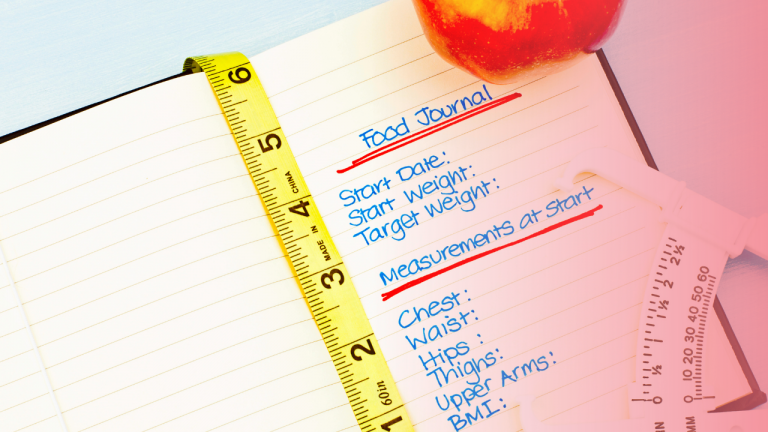
Pay attention to serving sizes. It’s easy to underestimate how many calories are in a serving of food.
If you are not sure how many calories you need, consult with a registered dietitian or nutritionist. They can help you create a plan that fits your needs.
Sample meal plan for counting calories on the keto diet
If you’re wondering whether or not you need to count calories on the keto diet, the answer is both yes and no. It depends on your goals.
If your goal is simply to lose weight, then you don’t necessarily need to count calories. Cutting carbs and increasing fat will help you lose weight regardless of how many calories you consume.
However, if your goal is to lose weight and improve your health, then counting calories can be helpful. It can help you make sure you’re getting enough nutrients and not overeating.
Here’s a sample meal plan for a day of counting calories on the keto diet:
Breakfast:
– Three eggs, scrambled with cheese and bacon
– One cup of coffee with heavy cream
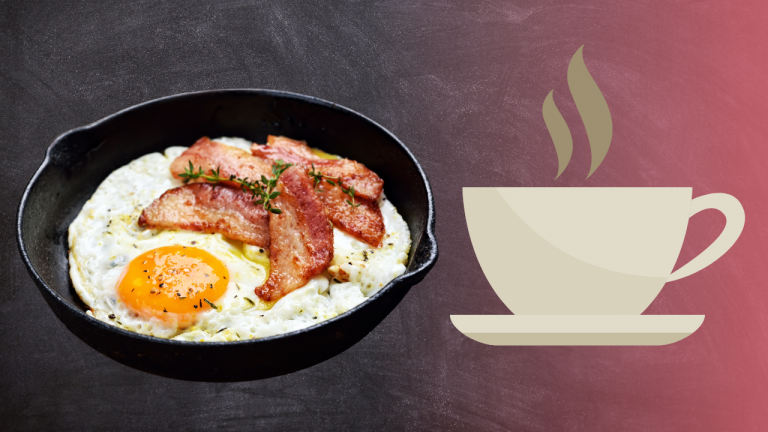
Lunch:
– A salad with chicken, cheese, and avocado dressing
– One cup of unsweetened iced tea
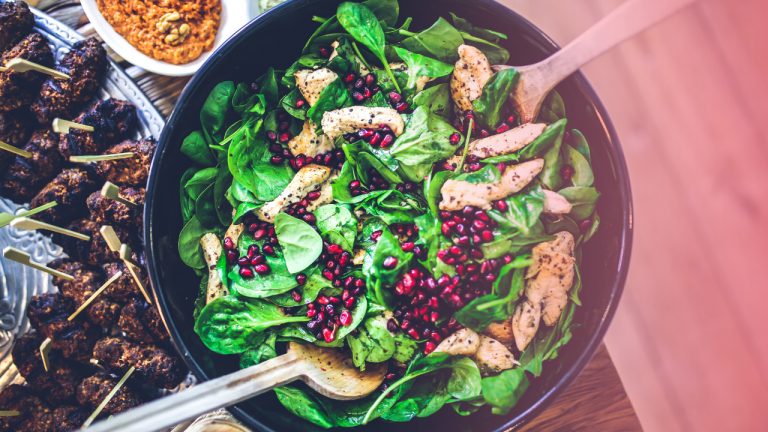
Dinner:
– Beef stroganoff with mushrooms and sour cream
– One small piece of dark chocolate for dessert
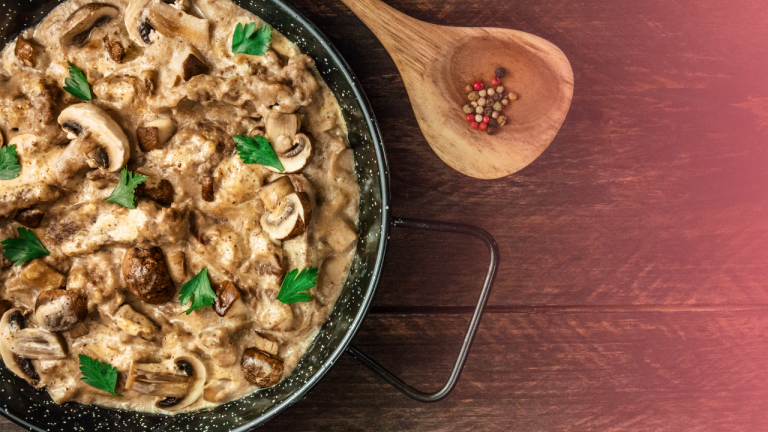
As you can see, counting calories on the keto diet is not difficult. And it can help you lose weight and improve your health. If you’re looking to do both, be sure to count those calories!
In Conclusion
The best way to track your progress on the keto diet is to weigh yourself regularly and to track your ketone levels. You don’t need to count calories on the keto diet, but if you’re not seeing results, it may be helpful to start tracking your intake. There are a few different ways to track your food intake, including apps like MyFitnessPal and Fitbit. Tracking your food intake will help you to see where you may need to make changes in your diet.
If you’re not seeing results on the keto diet, it’s important to talk to your doctor or a registered dietitian. They can help you troubleshoot any issues you may be having with the diet and offer additional support. Do not hesitate to reach out for help if you’re feeling stuck on the keto diet.
When it comes to the keto diet, progress is key. And the best way to track your progress is by monitoring your weight and ketone levels. While you don’t necessarily need to calorie count while following a ketogenic diet, doing so can help you to see where you may need to make adjustments in your diet. If you’re not seeing the results you want, be sure to reach out to a registered dietitian or your doctor for help. With their guidance, you can get back on track and start seeing the progress you deserve.



